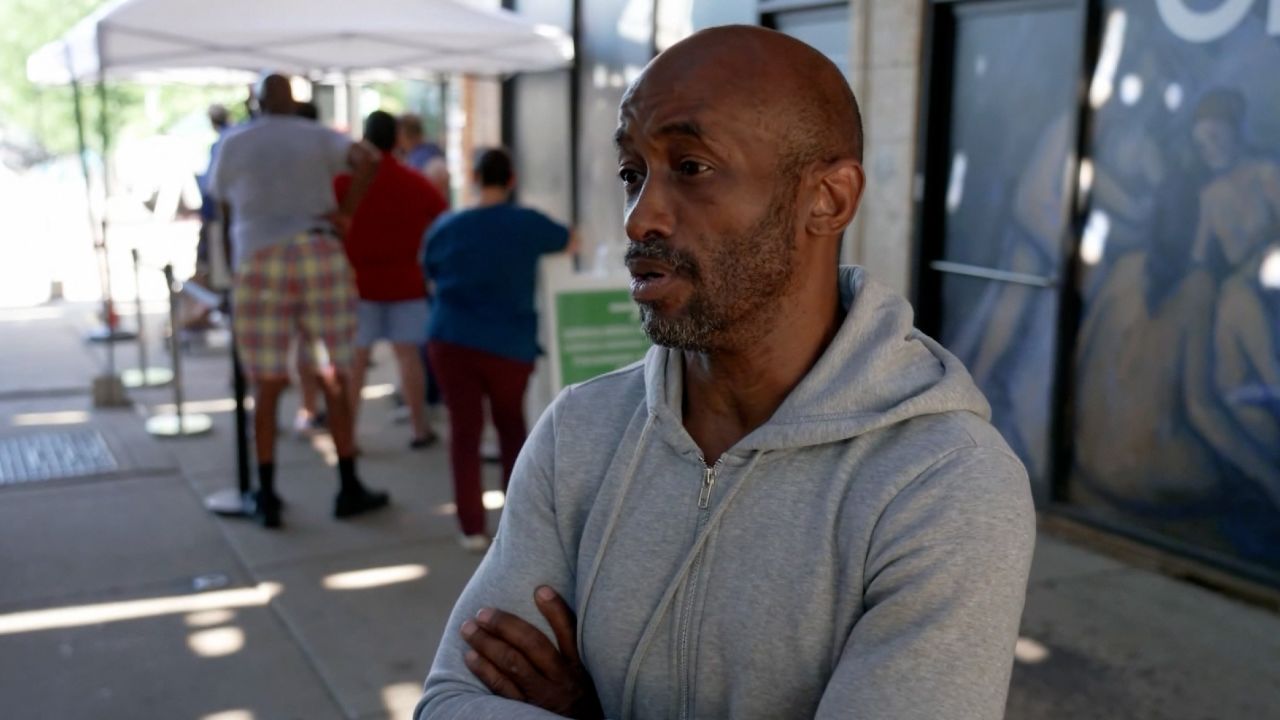Rents in Manhattan have hit a record high for the sixth month in a row.
Median rent for an apartment in Manhattan climbed to $4,150 a month in July, surging 29% from a year ago, according to a monthly report from brokerage firm Douglas Elliman and Miller Samuel Real Estate Appraisers and Consultants. It is up 2.5% from June.
The average rent, which crossed over the $5,000 a month threshold last month, also hit a record high of $5,113 a month.
And it is expected that rents will climb even further in August, which marks the final month of the annual peak rental season, said Jonathan Miller, president and CEO of Miller Samuel.
“It will continue, at a bare minimum through next month, because more demand is anticipated putting upward pressure on prices,” he said.
Will rents continue to climb?
But what happens after August? While the rental market in Manhattan may cool, apartments aren’t expected to become much more affordable.
“The opposite of ‘rising rents’ isn’t necessarily ‘falling rents’,” said Miller, adding it could be that prices continue to rise, just not as fast as they have or that rents stabilize and stay flat.
“Many people are hoping that after rental activity peaks in August, there will be some improvement in affordability,” said Miller. “But the only way I see that happening is if the Fed’s baseball bat to the economy inflicts more damage in the form of job losses. That isn’t a desirable scenario.”
In an effort to curb inflation, the Federal Reserve has been aggressively raising interest rates. But the central bank has to strike a delicate balance: If it raises rates too much it could plunge the economy into a recession, potentially spurring layoffs and head count reductions.
Should job losses become significant, demand for apartments in Manhattan may drop as people double up or leave the city, resulting in less pressure on prices.
However, a more likely scenario, Miller said, is that renters can expect to continue to see higher rents through the end of the year, but prices won’t rise as quickly.
Would-be home buyers are flooding the rental market
Rising mortgage rates are also having an impact on the rental market.
The Federal Reserve does not set the interest rates borrowers pay on mortgages directly. Instead, mortgage rates tend to track 10-year US Treasury bonds. But they are indirectly impacted by the Fed’s efforts to tame inflation.
Mortgage rates climbed quickly since the start of this year, with average rates on a 30-year, fixed-rate mortgage moving from 3.22% in January to as high as 5.81% in June, before sitting between 5% and 5.5% in July, according to Freddie Mac. Last week, the average rate dropped just shy of 5% to 4.99%.
The rise in mortgage rates has put purchasing a home out of reach for many would-be buyers, resulting in added pressure on the rental market as more people put their purchase plans on hold and decide to rent instead, said Miller.
“The frenzy of the purchase market has been transferred through Fed policy to rental market frenzy,” said Miller. “I think it is going to come down to external factors like unemployment and hard landing to see what happens next.”






















